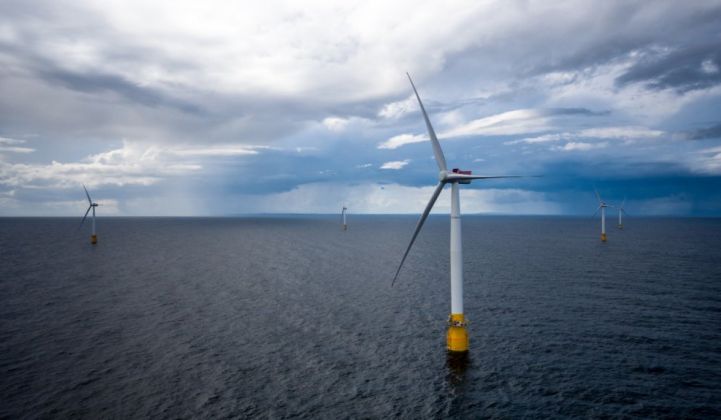Statoil is the largest operator of oil and gas rigs around the world. Consequently, the company's biggest low-carbon investments are offshore: floating wind farms and distributed carbon capture and storage.
This week, we're talking to Stephen Bull, the VP in charge of Statoil's low-carbon business, about where he sees the most potential. We'll chat about the performance of floating wind, the economics of CCS, and whether oil companies are investing enough in their new energy divisions.
We'll spend the second half of the show talking about two days of debate in Washington over the future of technology. No, it wasn't Mark Zuckerberg's hearing on Capitol Hill. It was a conference at FERC, where regulators are trying to figure out how to integrate distributed resources into wholesale markets.
What did they accomplish? What does it portend for the future of distributed energy?
The Energy Gang is brought to you by Sense. Sense installs in your home's electrical panel and provides insight into your energy use and home activity through iOS, Android and web apps. Find out more.
Recommended reading:
- GTM: Statoil Plans to Integrate Battery Storage With Floating Offshore Wind
- GTM: World’s First Floating Offshore Wind Farm Achieves 65% Capacity Factor After 3 Months
- Gas Strategies: Carbon Capture & Storage Key to Delivering on the Paris Agreement
- GTM: Utilities, Grid Operators Tell FERC They Need Real-Time Data to Better Manage DERs
- GTM: Grid Operators Describe Challenges of Distributed Energy Aggregation to FERC
Subscribe to The Energy Gang podcast via Apple Podcasts, Google Play, Stitcher or wherever you find your audio content.



